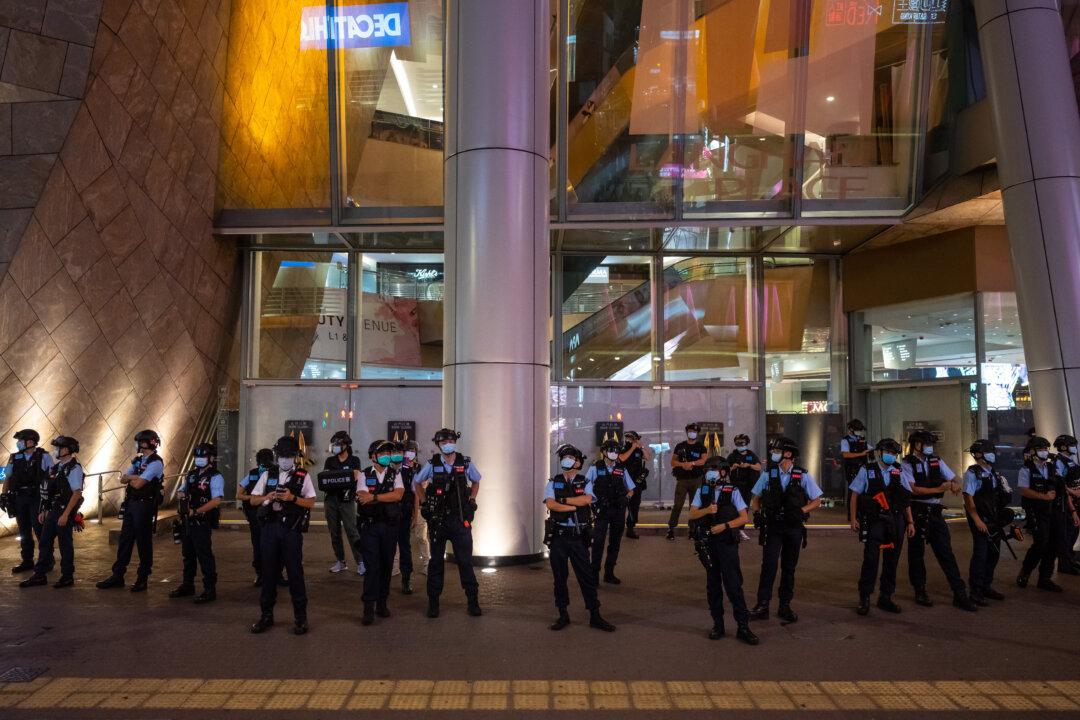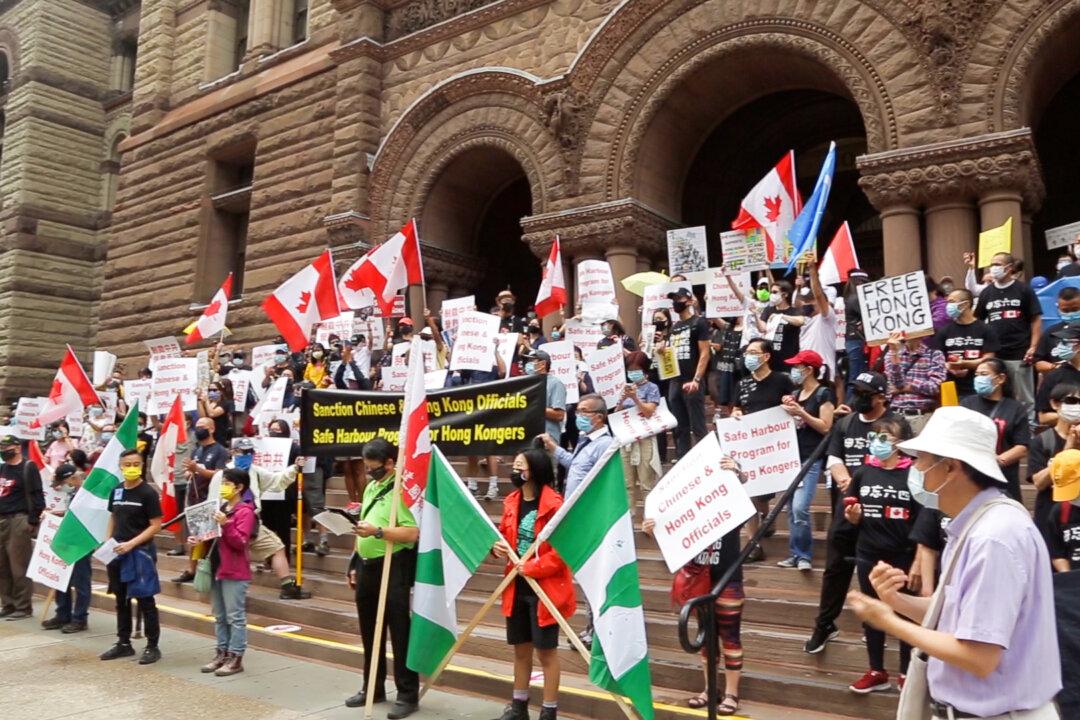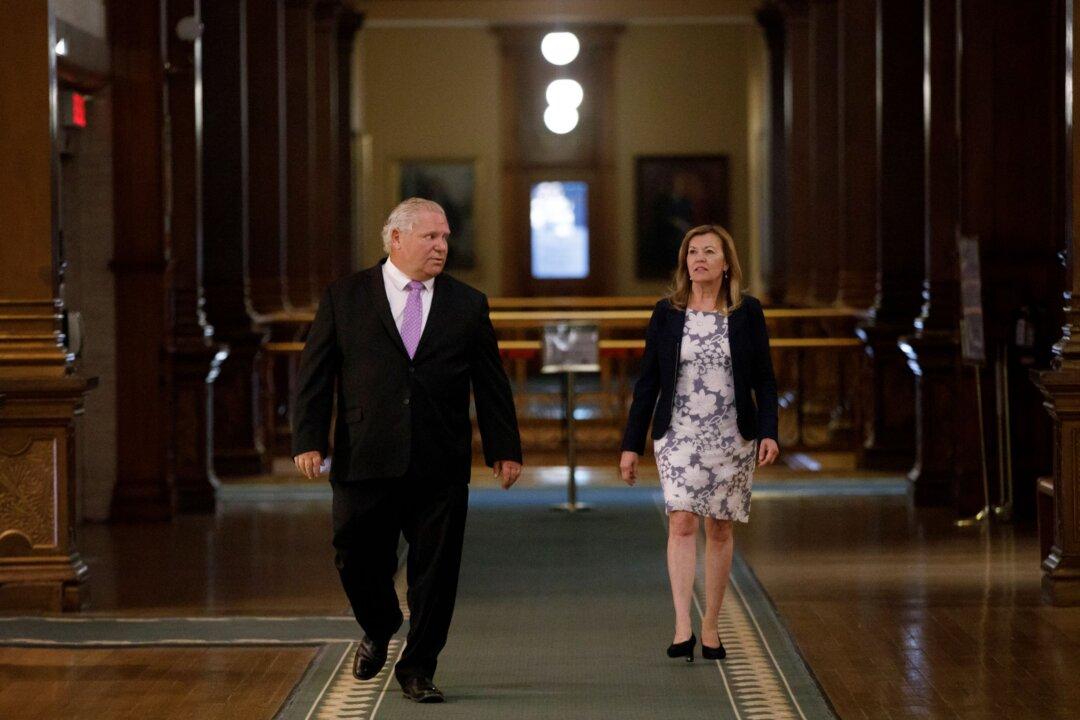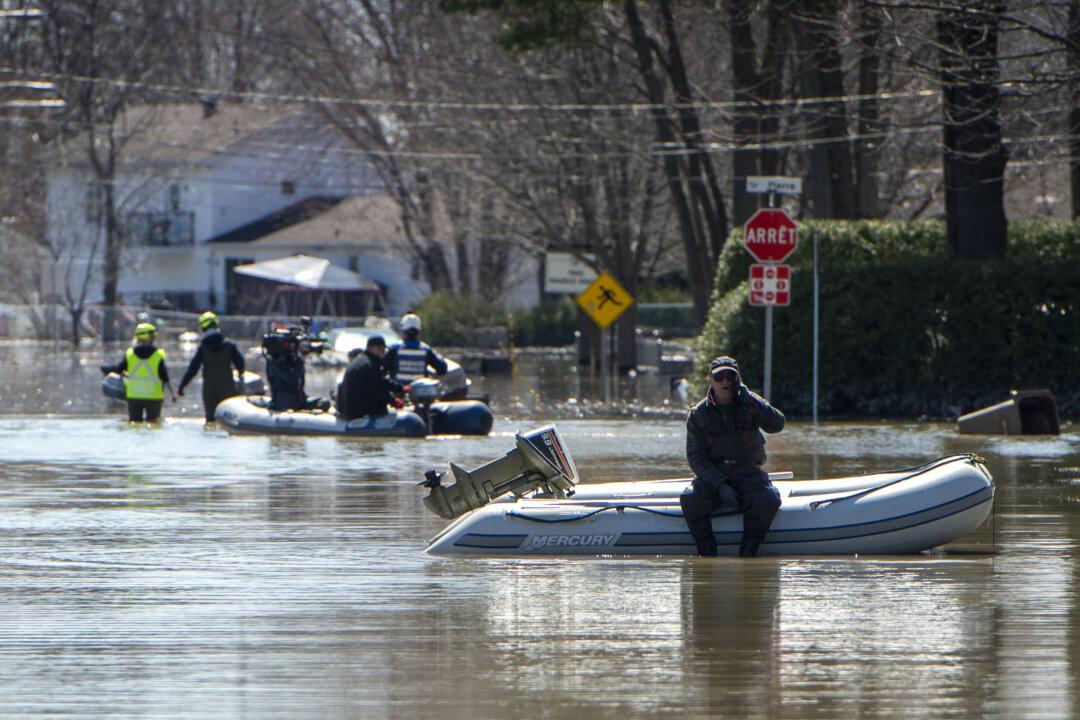Canada should work with other like-minded countries to coordinate a global response to the situation in Hong Kong, says Benedict Rogers, a British human rights advocate and chair of Hong Kong Watch.
“This is an idea put forward by seven former British foreign secretaries,” Rogers said during a Special Committee on Canada-China Relations video conference on Aug. 13.





